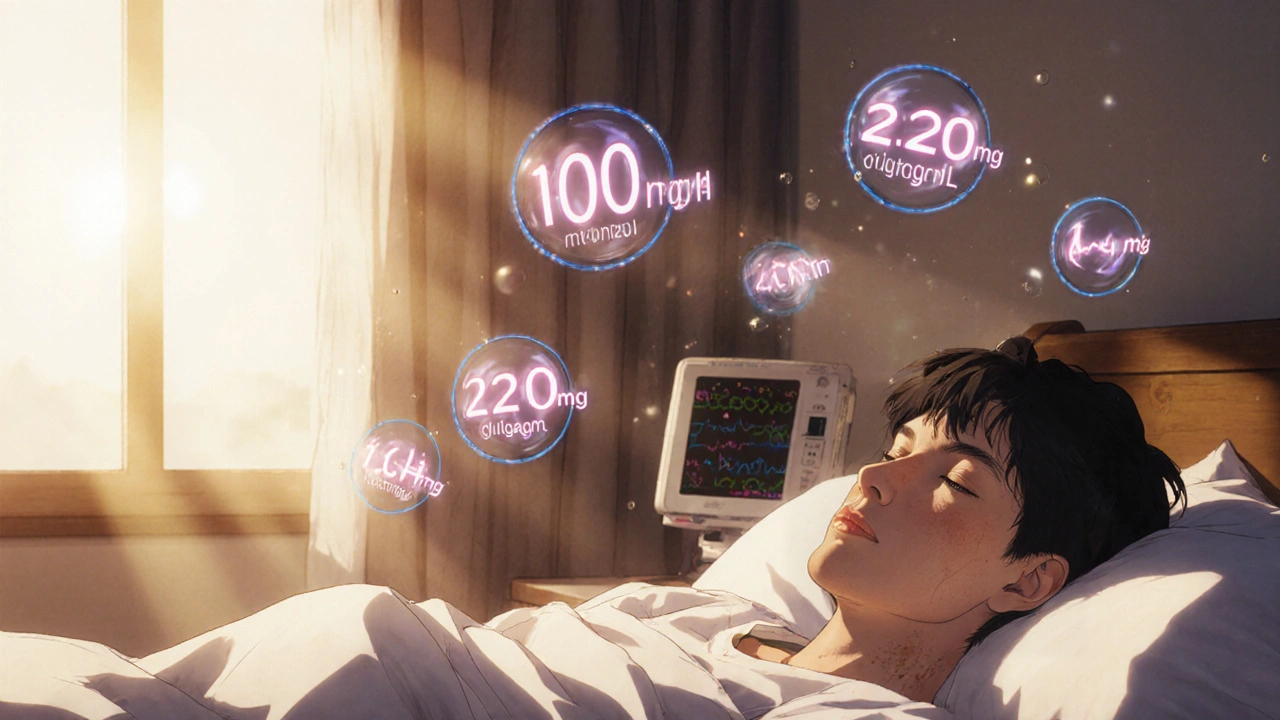High Morning Glucose: Causes, Risks, and What You Can Do
When your high morning glucose, elevated blood sugar levels upon waking, often signal underlying metabolic issues. Also known as fasting blood glucose, it’s not just a number on a test strip—it’s your body’s way of telling you something’s off in how it handles sugar and insulin. If you’re checking your blood sugar first thing in the morning and seeing readings above 100 mg/dL, especially if it’s consistently over 126 mg/dL, that’s not normal. It’s not just "being a little tired" or "eating too much last night." This is a sign your body isn’t managing glucose properly—possibly because of insulin resistance, a condition where cells stop responding well to insulin, forcing the pancreas to work harder, or because your liver is dumping too much glucose overnight.
Many people assume high morning glucose means they ate too many carbs the night before. But the real culprit is often the type 2 diabetes, a chronic condition where the body either resists insulin or doesn’t make enough to keep blood sugar normal process itself. Even if you didn’t eat sugar, your liver can still release stored glucose while you sleep, especially if insulin levels are too low or your cells ignore it. This is called the dawn phenomenon. Then there’s the Somogyi effect—where low blood sugar in the middle of the night triggers a stress response that overcorrects and spikes glucose by morning. Figuring out which one you’re dealing with matters, because the fixes are different.
What’s at stake? Left unmanaged, consistently high morning glucose leads to nerve damage, kidney problems, vision loss, and heart disease. It’s not a distant threat—it’s happening right now if your numbers stay high. The good news? You can turn it around. Small changes in when and what you eat, how you move, and even your sleep habits can make a big difference. You don’t need to be perfect. You just need to be consistent.
Below, you’ll find real-world guides on how medications like GLP-1 agents, insulin therapy, and even common drugs for sleep or allergies can affect your glucose levels. You’ll see how metabolic surgery helps some people reverse diabetes, how supplements and diet choices play a role, and what to watch for if you’re pregnant or managing other health conditions. This isn’t theory. These are the tools and insights people are using right now to take back control of their blood sugar.

Dawn Phenomenon: How to Manage Morning Blood Sugar Spikes in Diabetes
Learn why your blood sugar spikes in the morning due to the dawn phenomenon, how to tell it apart from the Somogyi effect, and proven strategies to manage it with diet, insulin adjustments, and CGM technology.
